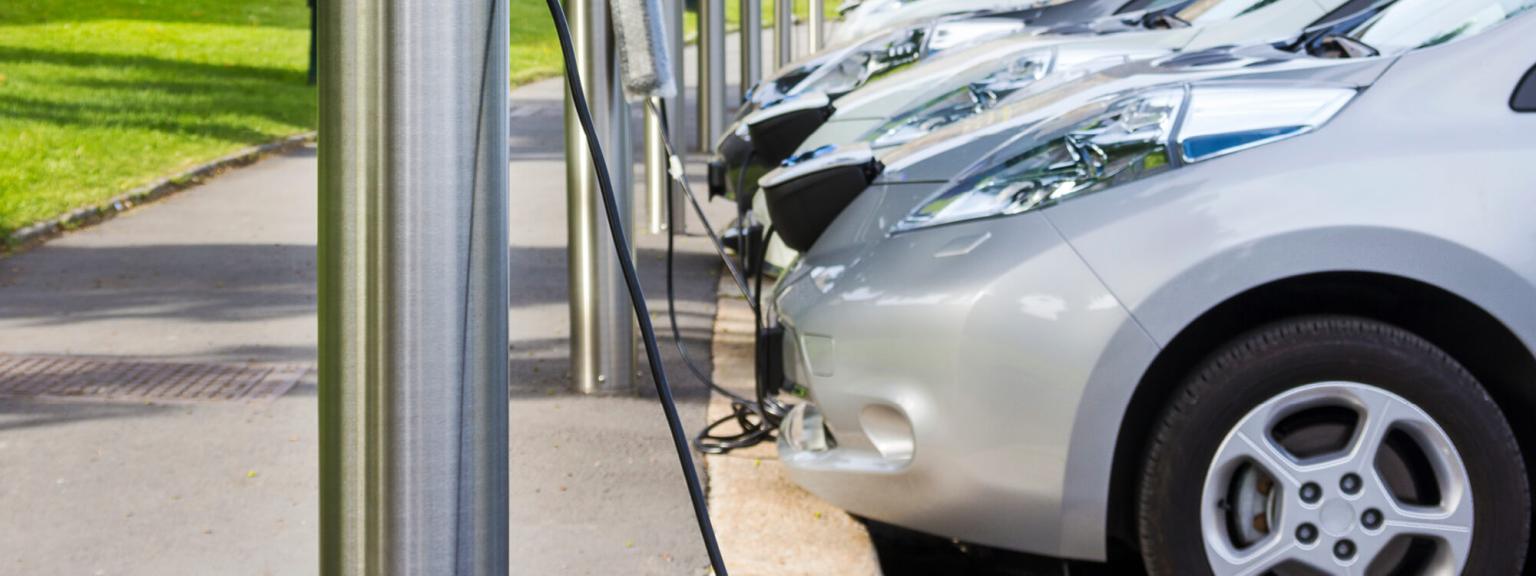
Expanding skillsets: the electric vehicle and the automotive engineer
With electric vehicle sales predicted to reach 45 million worldwide by 2040, the next twenty years are set to dramatically change the automotive market. The likes of BMW, Toyota, Mercedes Benz, Kia, Volkswagen, Electric Vehicle (EV) specialists Tesla and many more car manufacturers have a number of hybrid and EVs on the market, with more in the manufacturing pipeline.
Already recharge points are popping up across urban areas and events are being held worldwide to showcase electric vehicle technology. With the excitement growing around the alternative low-emission vehicle type we anticipate that the mass adoption of these vehicles could mean a change in the skills required from automotive engineers. The automotive industry is set to change hugely over the next ten or twenty years, with manufacturers developing increasingly fast and efficient electric vehicles with an aesthetic and driving experience that rivals their diesel and petrol equivalents. With this shift towards electric vehicle development, we expect to see the role of the automotive engineer change, with particular emphasis on battery knowledge.
The electric car has had a varied history, with its popularity rising and falling with advancements in petrol and diesel engine technology. Increased emphasis on environmental factors such as climate change, teamed with the drive to develop better more efficient renewable energy sources, has spurred the latest resurgence in electric vehicles and since the late 1990s, car manufacturers have invested more research into different vehicle types. Today there are two main types of Electric Vehicle: battery (BEV) and plug in hybrids but other forms of electric vehicle include the fuel cell engine that uses hydrogen gas to power an electric motor and the popular combustion engine and electric motor hybrid.
Besides the obvious environmental advantages (fewer emissions, less noise pollution, etc.) of choosing an electric vehicle over a more conventional petrol or diesel car, EVs are typically cheaper to run, require fewer services, offer instant acceleration and are lightweight, which makes them easier to manoeuvre. They may also have a positive impact on health, particularly in urban areas.
The Electric Vehicle market also has a positive impact on the economy and is expected to continue having this effect for the foreseeable future. In a report commissioned by the Institute of the Motor Industry (IMI), the social benefit of EVs, connected and autonomous vehicles is predicted to be in the region of £51bn per year by 2030, with the potential for 320,000 newly-created industry jobs. And these jobs are likely to require an expanded skill set from automotive engineers.
Structurally gasoline and electric vehicles do not differ too much from one another and this is unlikely to change in the future. The usual wear and tear aspects of all vehicles will always require routine servicing and replacements, specifically on internal switches, fittings, bearings, vehicle suspensions and other systems. The expansion of automotive engineer skills instead lies in the hardware, software and systems in vehicles. The design and manufacture of these energy-efficient and technologically advanced vehicles requires battery specialists, hybrid engineers and engineers with knowledge of battery management, software upgrades and power electronics. As well as encouraging existing automotive engineers to upskill, the rise in popularity of electric vehicles may also open up opportunities for professionals from other industries, particularly those working in battery-based fields, to cross over into the automotive industry.
STEM insights
Sector insights
- Engineering insights
- Aerospace insights
- Automotive insights
- Maritime insights
- Infrastructure insights
- Highways insights
- Rail insights
- Building Services insights
- Water & Environment insights
- Energy insights
- Renewables insights
- Oil & Gas insights
- Power & Nuclear insights
- Engineering Technology insights
- Telecoms insights
- Technology insights
- AI & Robotics insights
- Cloud insights
- Cyber Security insights
- ERP insights
- Development insights
- Project Management insights